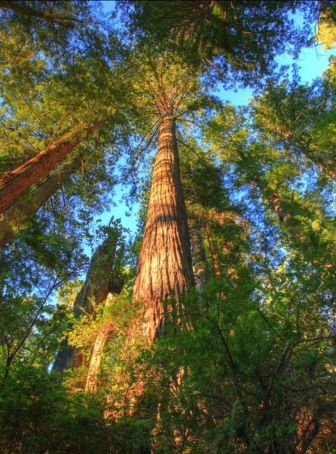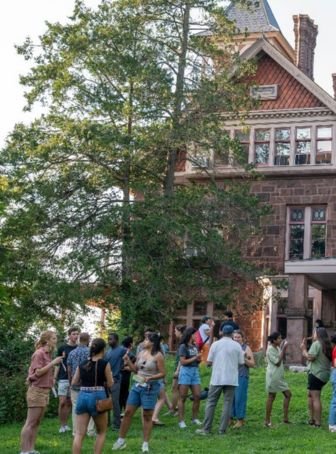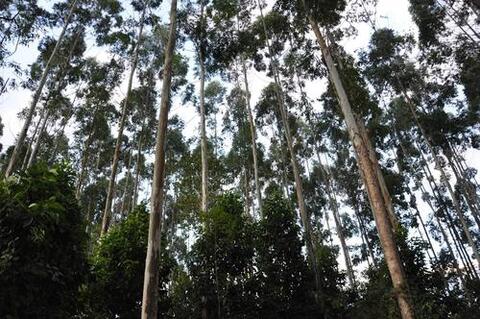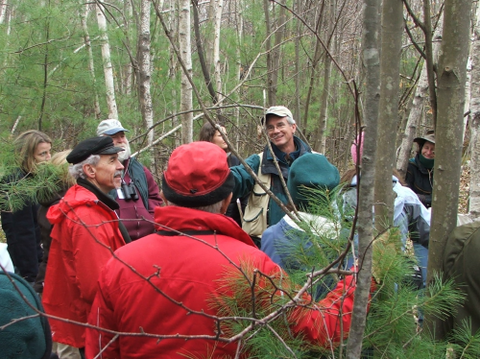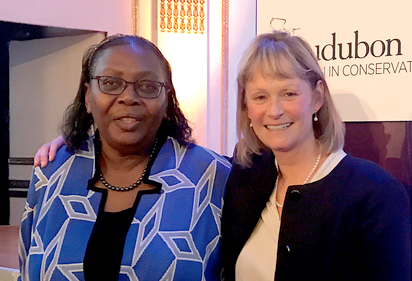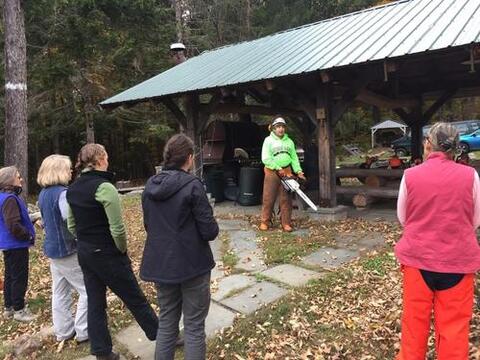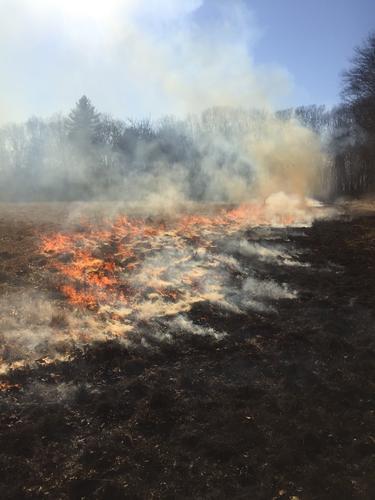
By Sara Santiago ‘19 MF
Before the rise of turpentine production, the industrial saw wood ‘bonanza’ of the 1800s, widespread fire suppression, and expansive private property ownership, the longleaf pine ecosystem covered 92 million acres across the United States from eastern Texas to Florida to Virginia, explains Lacy M. Johnson. Currently standing at 5 million acres, Johnson describes “the longleaf pine ecosystem is a shadow of what it was.”
In “A Tree’s View of History: A Conversation with Lacy M. Johnson,” over 800 virtual attendees listened to the weaving conversation between Mary Evelyn Tucker, senior lecturer and research scholar at the Yale School of the Environment and Yale Divinity School, and Lacy M. Johnson, associate professor of creative writing at Rice University, founding director of the Houston Flood Museum, essayist, author, and activist.
Johnson challenges us to dig through time and space to unpack the unfolding stories that illuminate the socio-political landscapes, the grief, and the possibilities for the future that we are situated amongst. The brutal loss of longleaf pine and the prospect of its restoration is in direct relation to the battles for land in the South. The intelligence of slime molds “undermines the notion that life should be categorized—as doing so is in service of white supremacy and dominion over one another and the natural world.” A funeral for a glacier invites grief and distress as “we are watching geologic time collapse on a human timescale.” And creating the Houston Flood Museum catalyzes conversations on why we have catastrophic flooding, what this reveals about cities, and what we are missing when we clear and pave over native ecosystems like coastal prairies and longleaf pine.
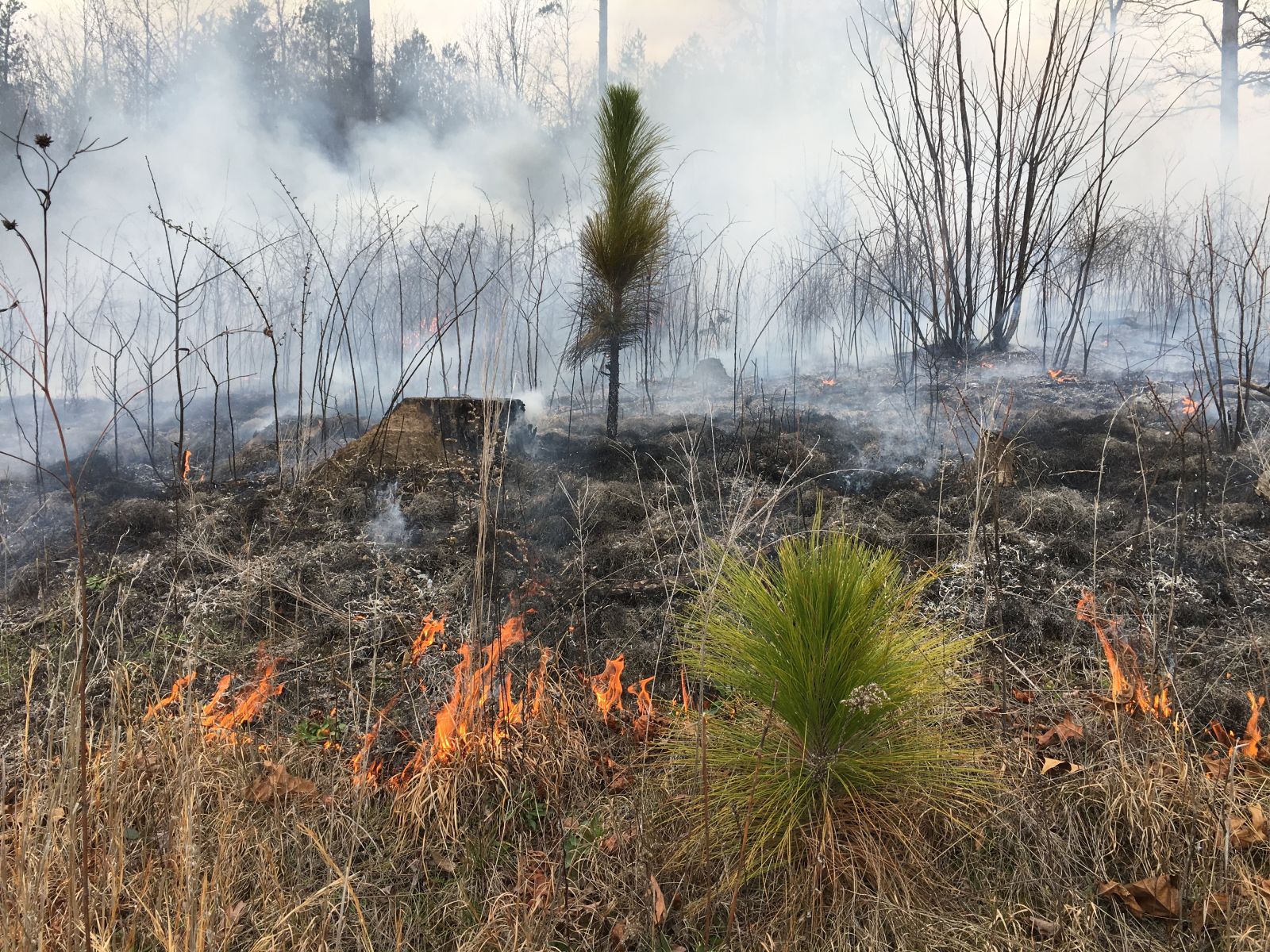
The Conasauga Ranger District performs a controlled burn to restore the fire-dependent longleaf pine in Northwest Georgia in March 2017. Photo courtesy of the U.S. Forest Service.
Johnson tells us that “stories help us move from something deemed meaningless to meaningful.” She reminds us that the stories we tell, the narratives we perpetuate, and the words we choose unveil relationships, belonging and disagreement, and history. The root word of dendrology, for example, is a proto-European word that not only references trees and wood but truth and truce. But when we encourage a dominant, violent European worldview of nature as material, we erase that meaning and relationship, she explains.
One such dominant story is that we can do nothing to prevent the collapse of ecosystems and species. “Each story we tell is a series of decisions of what we include or not,” says Johnson. “Are we choosing the right stories to build our future, amongst possible futures?”
Ponder this question and more while watching the recorded conversation from the February 15, 2023 webinar “A Tree’s View of History: A Conversation with Lacy M. Johnson,” organized by The Forest School at the Yale School of the Environment, Orion Magazine, and the Yale Forum on Religion and Ecology.
